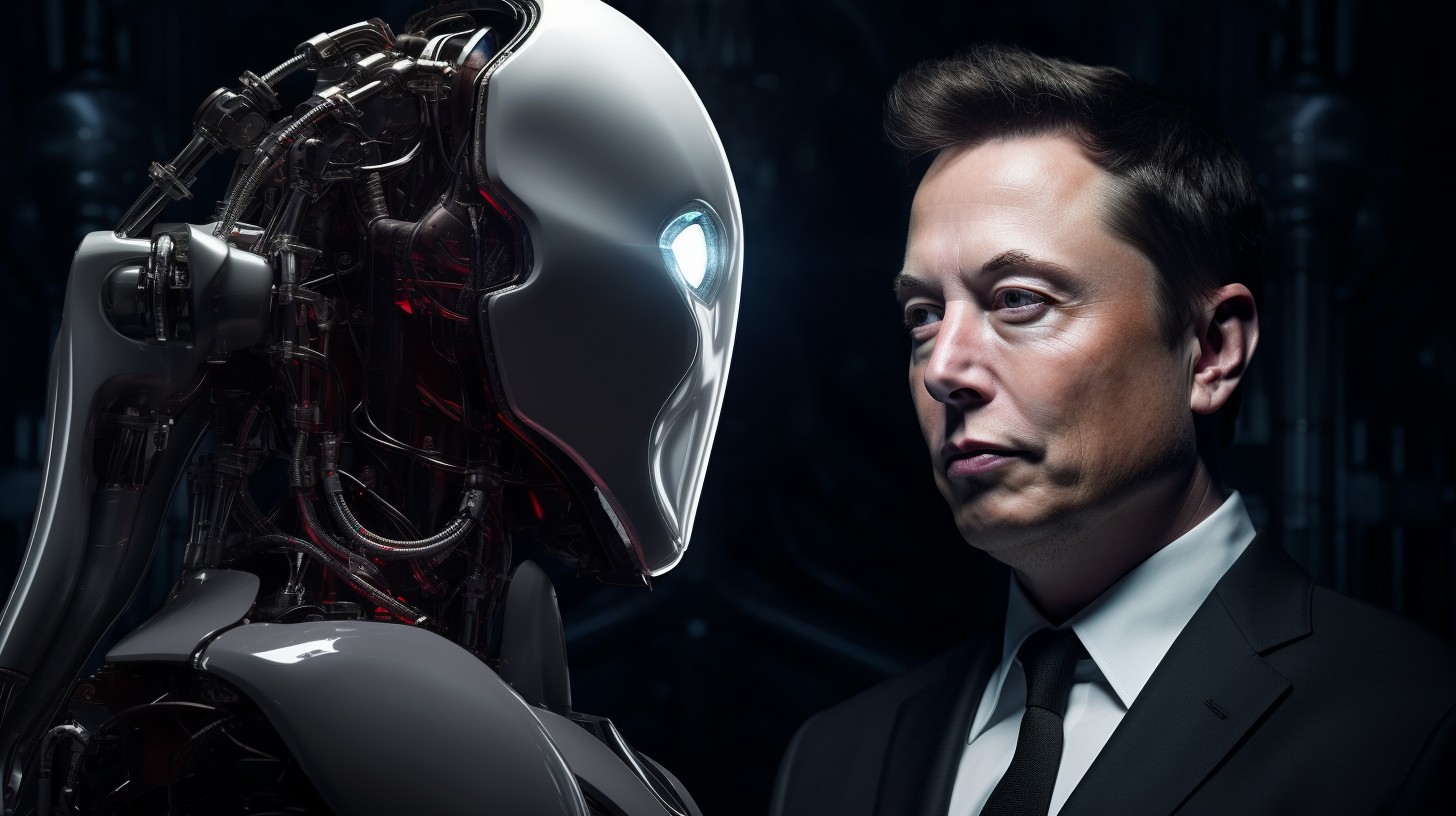Elon Musk, the visionary entrepreneur known for his groundbreaking ventures in electric vehicles, space exploration, and neural interface technology, has once again made headlines with his latest endeavour – Grok AI. Musk’s announcement of Grok AI has left the tech world buzzing with anticipation, and it promises to be a significant player in the field of artificial intelligence. In this article, we’ll explore the pros and cons of Grok AI and its potential impact on the world of AI and technology.
The Pros of Grok AI
Enhanced Understanding of AI:
Grok AI aims to provide a deeper understanding of artificial intelligence systems. It promises to create a bridge between humans and AI, making it more accessible and transparent. This approach could help demystify AI, making it easier for non-experts to harness its power.
Improved AI Safety:
One of the primary goals of Grok AI is to enhance the safety of AI systems. By understanding how AI makes decisions, we can mitigate the risks associated with autonomous AI technologies, reducing the potential for unintended harmful outcomes.
Ethical AI Development:
Grok AI could play a pivotal role in addressing ethical concerns surrounding AI. By enabling better comprehension and control of AI systems, it may help in ensuring that AI algorithms make ethical decisions and respect human values.
Advancements in General AI:
Musk has always been a proponent of general AI, which possesses human-like cognitive capabilities. Grok AI’s technology may bring us a step closer to realizing Musk’s vision of advancing AI to levels of human-level intelligence, further unlocking new possibilities in various domains.
Collaboration and Open Source:
Musk has expressed the intention to collaborate and make Grok AI technology open-source, fostering a collaborative environment in AI research and development. Open-source initiatives can accelerate innovation, leading to rapid advancements in the field.
The Cons of Grok AI
Privacy Concerns:
Grok AI, by design, delves deep into the workings of AI systems, potentially raising privacy concerns. The technology may expose sensitive information about individuals, organizations, or proprietary algorithms.
Safety Risks:
While the aim is to enhance AI safety, there’s a risk that malicious actors could exploit the technology to better understand and manipulate AI systems for their gain, potentially leading to unforeseen security threats.
Ethical Dilemmas:
As Grok AI advances our understanding of AI, it could also intensify ethical dilemmas. Determining what is ethically permissible becomes more complex as AI systems become increasingly sophisticated.
Accessibility Gap:
While the technology aims to make AI more understandable, it may still be challenging for non-experts to use, potentially exacerbating the gap between AI practitioners and the general public.
Competitive Landscape:
The introduction of Grok AI could disrupt the competitive landscape in the AI industry. Companies investing in AI research may face challenges in maintaining their competitive edge, leading to market consolidation and potential job displacement.
Elon Musk’s Grok AI is undoubtedly a groundbreaking initiative with the potential to reshape the AI landscape. The pros, such as enhanced understanding, improved safety, ethical AI development, and open-source collaboration, hold great promise for the future of AI technology. However, it’s equally important to address the cons, including privacy concerns, safety risks, ethical dilemmas, accessibility issues, and potential market disruption.
As Grok AI develops and matures, it will be crucial to strike a balance between harnessing its transformative potential and addressing the challenges it presents. Ultimately, the success of Grok AI will depend on how it navigates these complex issues and contributes to a safer, more transparent, and ethical AI landscape. The world watches with anticipation as this new chapter in AI technology unfolds.
The Author:
Colin Stevens founded EU Reporter in 2008. He has more than 30 years of experience as a TV producer, journalist and news editor. He is a past president of the Press Club Brussels (2020-2022) and was awarded an Honorary Doctor of Letters at Zerah Business School (Malta and Luxembourg) for leadership in European journalism.


















































